Reverse Mortgage

What is a reverse mortgage?
A reverse mortgage is a type of loan that allows homeowners ages 62 and older, typically who’ve paid off their mortgage, to borrow part of their home’s equity as tax-free income. Unlike a regular mortgage in which the homeowner makes payments to the lender, with a reverse mortgage, the lender pays the homeowner.What can a reverse mortgage be used for?
Supplementing retirement income, covering the cost of needed home repairs or paying out-of-pocket medical expenses are common and acceptable uses of reverse mortgage proceeds.Reverse mortgage requirements
To be eligible for a reverse mortgage, the primary homeowner must be age 62 or older. The additional eligibility requirements include:- You must own the property outright or have at least paid a substantial amount of your mortgage.
- The property must be occupied as your primary residence.
- You cannot be delinquent on any federal debt.
- You must have the financial capability to continue to make payments on property taxes, homeowners’ insurance, and homeowners association dues.
- You must participate in an information session provided by a U.S. Department of Housing and Urban Development (HUD)-approved reverse mortgage counselor.
Pros
- Borrower doesn’t need to make monthly payments toward their loan balance.
- Proceeds can be used for living and healthcare expenses, debt repayment and other bills.
- Funds can help borrowers enjoy their retirement.
- Non-borrowing spouses not listed on the mortgage can remain in the home after the borrower dies.
- Borrowers facing foreclosure can use a reverse mortgage to pay off the existing mortgage, potentially stopping the foreclosure.
Cons
- Borrower must maintain the house and pay property taxes and homeowners insurance.
- Forces you to borrow against the equity in your home, which could be a key source of retirement funds.
- Fees and other closing costs can be high and will lower the amount of cash that is available.

